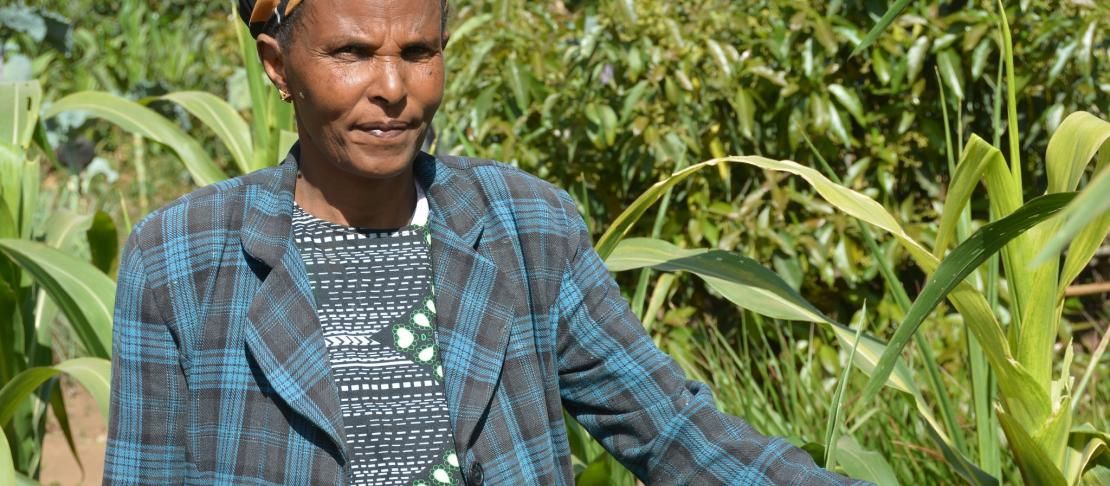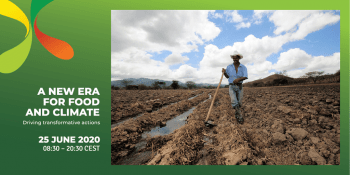Gender and Climate Change Vulnerability Hotspots in Africa Webinar

An upcoming webinar explores the mapping of economic sectors, climate change hotspots, and gender indicators to inform policy.
In many African regions, the interaction of gender inequalities and climate change threatens the livelihoods of vast populations, particularly the poor, women, youth, illiterate, and disabled. The Inclusive Climate Change Adaptation for Sustainable Africa (ICCASA) project is a multi-institutional capacity building initiative which aims to build the capacity of policy makers and climate negotiators to integrate gender into national climate change policies and negotiations. This webinar will deepen participants' understanding of gender and climate change vulnerability hotspots in Africa and help identify ways to address the issues identified in line with each African country’s policies and strategies at national levels.
The first presentation by a gender and climate change expert from African Development Bank (AfDB) will highlight the rationale for mapping gender and climate change hotspots in Africa. The speaker will draw from AfDB's experiences in gender integration into climate change activities and program, with the aim of promoting women's empowerment and gender equality. The second presentation will highlight projected climate risks and identification of climate data sets used for mapping hotspots. The third presentation will provide a list of gender disaggregated indicators that can record and monitor vulnerability to climate change. The final presentation, by a GIS expert, will share climate and gender hotspots maps while identifying areas of vulnerability in Africa.
Click here for more information and to register.
The Inclusive Climate Change Adaptation for a Sustainable Africa (ICCASA) program is an African Development Bank Group (AfDB) project funded by the Korea-Africa Economic Cooperation Trust Fund (KOAFEC). The project is to be implemented across Africa by four partners: CGIAR Research Program on Climate Change Agriculture and Food Security (CCAFS), African Working Group on Gender and Climate Change (AWGGCC), Women in Global Science and Technology (WISAT), and World University Service of Canada (WUSC).


